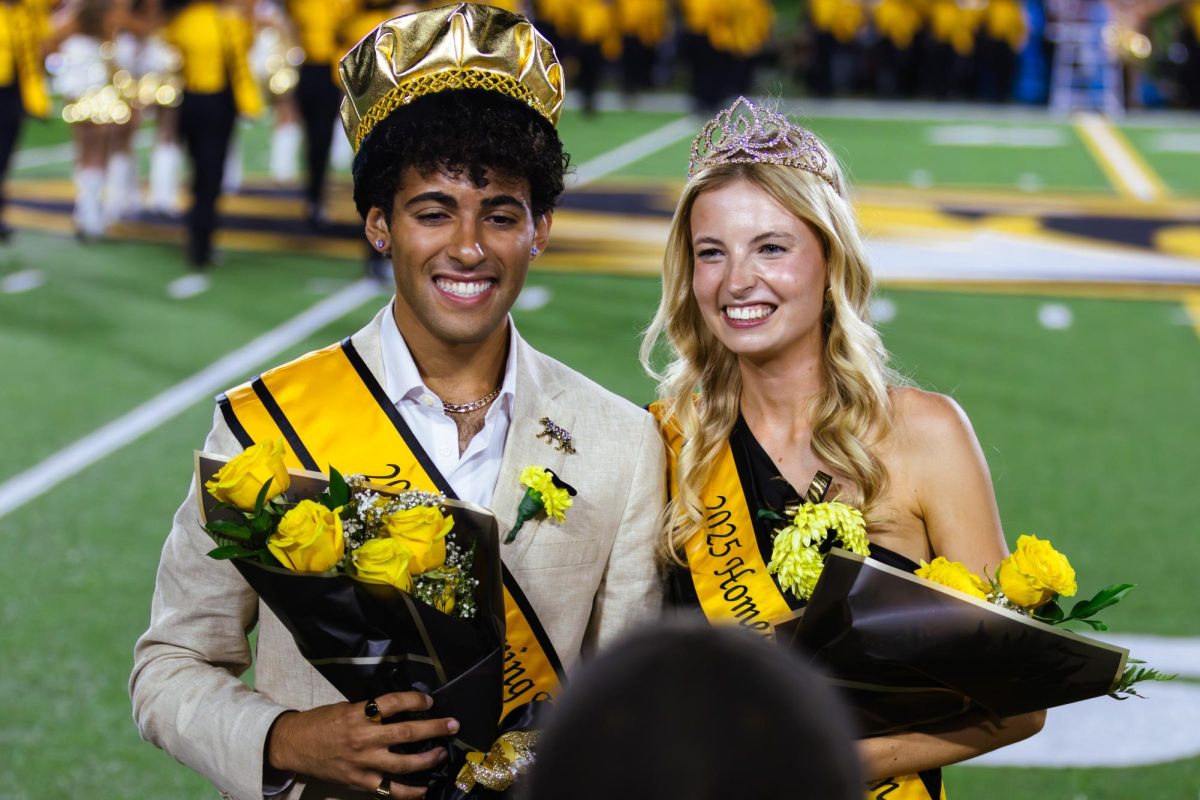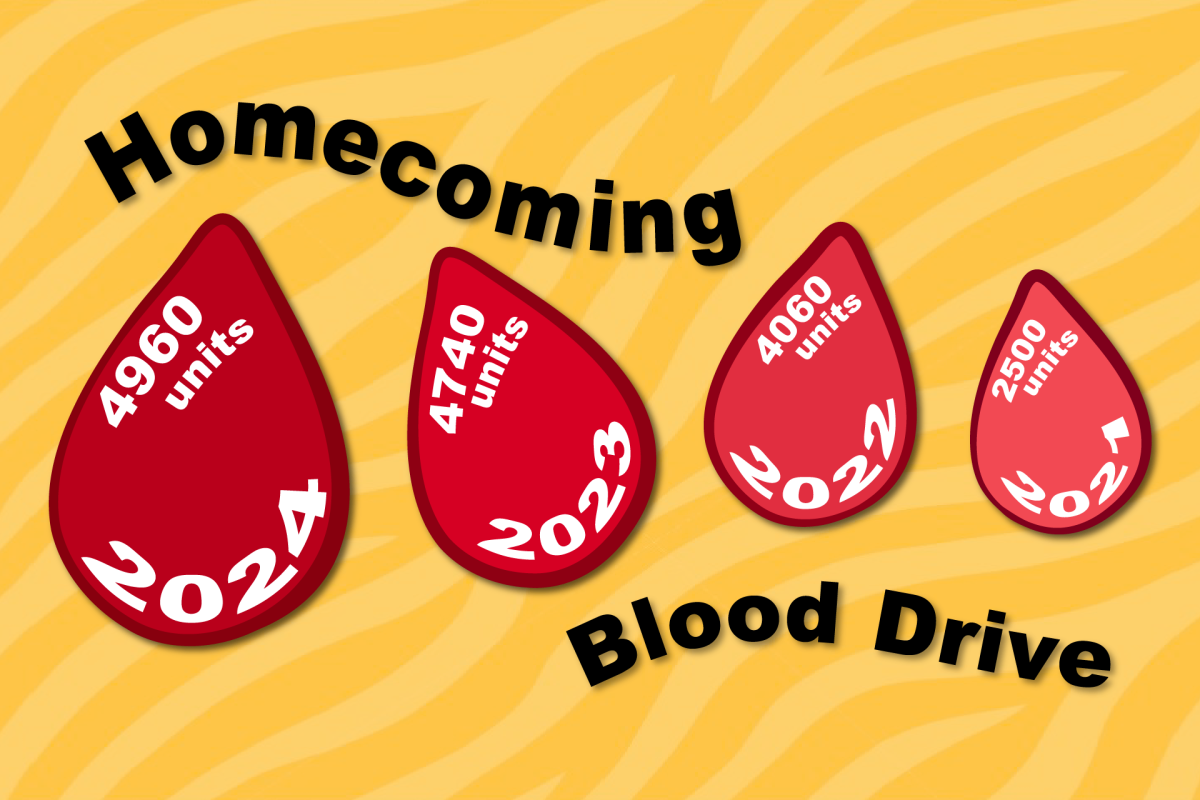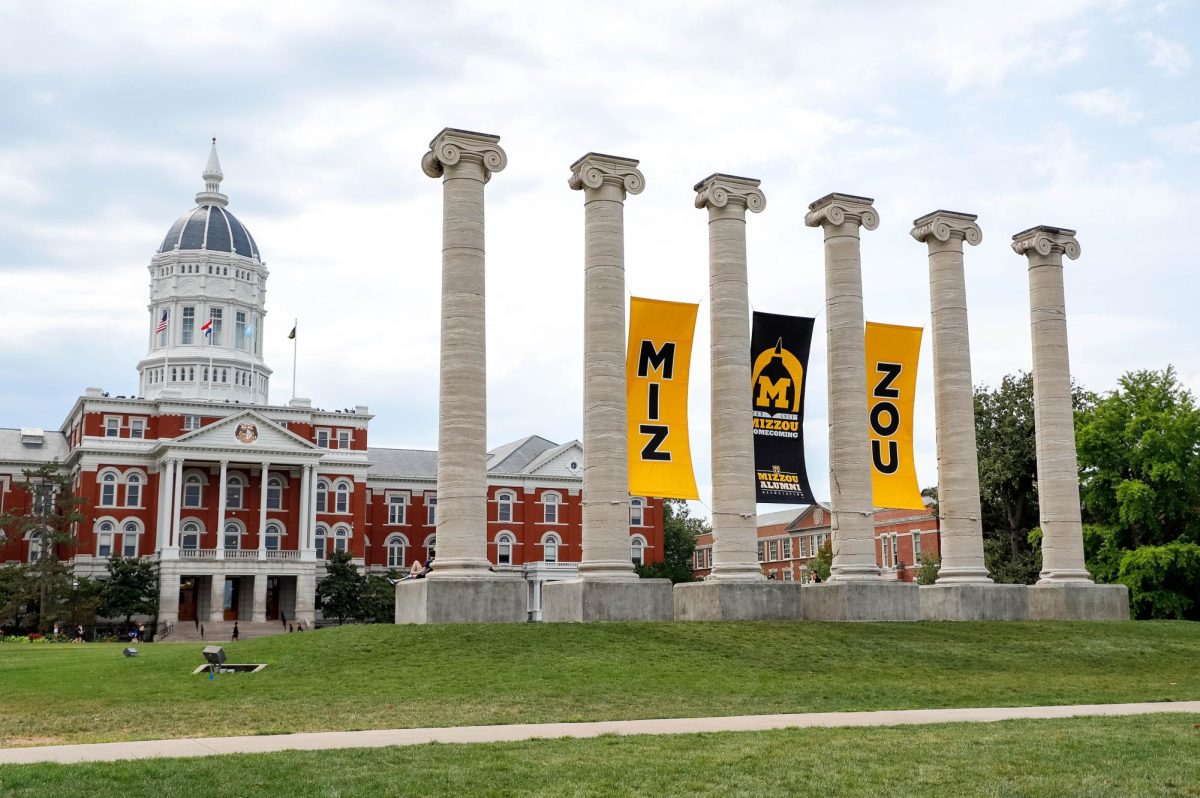Musicologist professor Michael Budds of the School of Music is one of the most knowledgeable music scholars on our campus. Budds has written books on jazz, rock and roll, women in music and rap and has won prestigious awards for his teaching. He may not have a favorite album, but Budds was able to share some of his insight and knowledge of popular music with us this week.
**What music have you been listening to recently?**
I’ve been listening to the music that I taught this morning in my 7:45 a.m. class, Music of the Cool Era in the History of Jazz.
**When you listen to music with lyrics, do you find yourself paying more attention to instrumentation or lyrics?**
Well, what you have to do is size up the performance. If it’s an instrumental piece, you deal with what the musicians’ deliver and if it’s a song, you deal with the words along with the rest of the music because the words are obviously important and signify things. And so that’s just another part of the proposition.
**Do you have a favorite era of music?**
No. I’m a history teacher, so I don’t feel like I have the luxury of negotiating my personal favorites. I, like everybody else, have things that I like better than others, but I wouldn’t want my personal preferences to color my presentation of the history of music.
**Concerning pop, rock and jazz, are there general themes or common threads between what becomes the most popular?**
Popular music represents a special consideration because nine times out of 10, it’s governed by the idea of commerce. The people who created Madison Avenue figured out a whole bunch of things about people and have acted on those things. In a certain sense, the structure of the industry probably can’t predict 100 percent of what’s going to become popular, but it can certainly manipulate what’s going to become popular.
And there are other concerns. For example, popular music is rarely terribly complicated because if people are having a good time, they don’t want to be forced to think. They want to have music surround whatever good time they’re having.
If you and I went on a Saturday night to a bar here in Columbia, and there was a band playing in the corner, and the band was playing such astonishing music that we couldn’t talk to each other and drink, that band would lose its job because its job is not to astonish us; its job is to lubricate a social situation that makes people want to buy more drinks and stay there longer. So for an entertainment to be successful or popular, it typically is not terribly complicated.
Another notion is some type of crossover in reference to experiences that people have, probably 80 to 85 percent of all songs are about the human condition of loving something. Losing it, having it, getting it, wanting it, whatever. Well, that’s a common experience that almost all human beings have. If someone wrote a song about being a musicologist, that wouldn’t relate to most of the people on earth. It would be an exclusive proposition. Popular music wants to be as inclusive as possible.







